Natural Resources Management
The top rank 7 and No.1 in Thailand
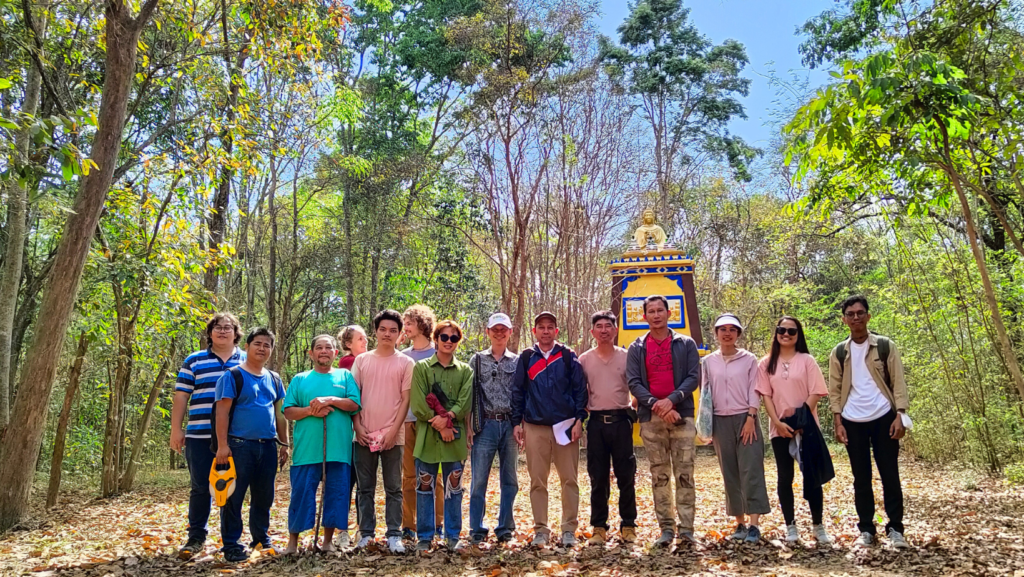
The Natural Resources Management (NRM) program at the School of Environment, Resources, and Development (SERD) at the Asian Institute of Technology (AIT) is a highly reputed program that prepares postgraduate students for careers in resource assessment, management, and economics. The program is designed to equip students with the knowledge and skills they need to manage natural resources sustainably and responsibly in the face of global challenges like climate change, biodiversity loss, and environmental degradation.
The NRM program offers a range of courses related to resources assessment, nature-based solutions, and carbon capture. Students learn about forest ecosystem management, economics of natural resources, valuation of ecosystem services and research methods, among other topics. The program is taught by several highly experienced professors who are recognized experts in resource assessment, management, and economics.
One of the key strengths of the NRM program is its expertise in carbon management and monitoring and valuation of ecosystem services. Students learn about the latest technologies and techniques for measuring and monitoring carbon in forest ecosystems, and how to use this information to develop effective strategies for mitigating climate change. They also gain a deep understanding of the economic, social, and environmental implications of different forest management practices.
Another area of focus in the NRM program is land resources assessment. Students learn how to use GIS, remote sensing, and other digital technologies to assess land resources spatially and temporally. They also learn about the valuation of ecosystem services and how to balance competing demands for land resources for ecosystem restoration.
The NRM program at AIT also places a strong emphasis on biodiversity conservation. Students learn about the ecological and social importance of biodiversity, and how to design and implement conservation strategies that are both effective and socially responsible. To stay at the forefront of the field, the NRM program at AIT incorporates cutting-edge technologies like AI, drones, geoinformatics and digital tools into its teaching. Through classroom exercise and field visits, students learn how to use these tools to analyze data, model resource dynamics including scenarios, and develop effective management strategies.
In addition, it is worth noting that the NRM program at AIT has been recognized for its excellence by the Eduniversal Ranking Best Masters. The program is ranked 7th in Asia based on factors like reputation, program content, and graduate employment rates. This ranking is a testament to the high quality of the NRM program at AIT and its reputation as one of the top programs in the region.
The NRM program at AIT is an excellent choice for students who are passionate about natural resources management and want to make a positive impact on the world. With its focus on forest carbon management, land resources assessment, biodiversity conservation, ecosystem services as well as addressing policy and economics aspect of resources and use of the latest technologies, the NRM program at AIT prepares students for a wide range of careers in this exciting and rapidly evolving field.
NRM Courses
The NRM program at AIT offers a wide range of courses that cover various aspects of natural resources management. The NRM courses offered by the program are designed to provide students with a comprehensive understanding of natural resources management and the tools and techniques used in the field. Graduates of the program are well-prepared for careers in a wide range of natural resources management roles, from government agencies to non-profit organizations and private sector companies. Some of the courses offered by the program include:
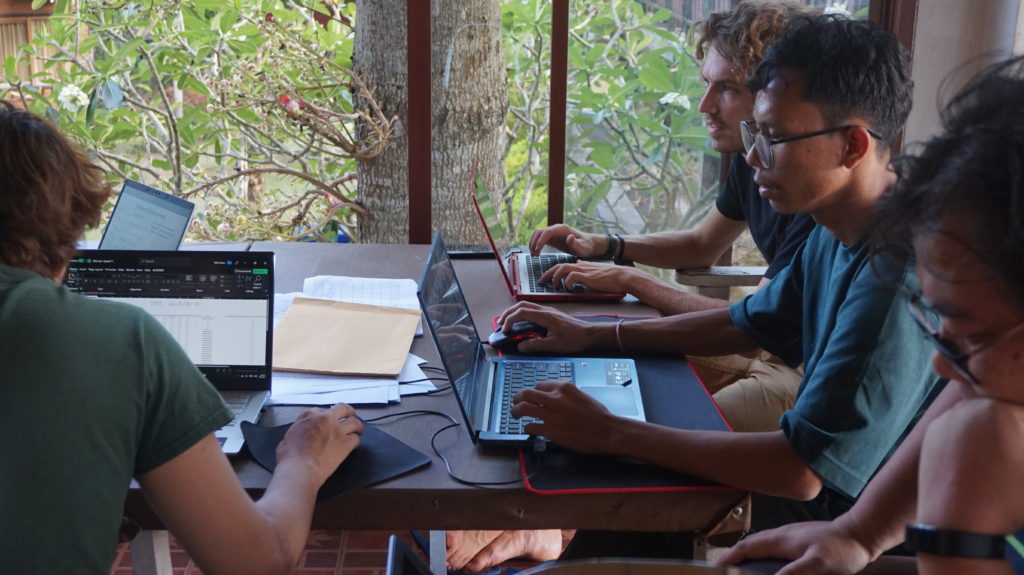
Nature-based Solutions for Sustainable Resource Management: Students learn about nature-based solutions for sustainable resource management, including ecosystem-based approaches to conservation and management. This is a seminar-type course to be delivered by all NRM professors (Prof. Shrestha, Prof. Sasaki, Dr. Tsusaka, external experts).
Biodiversity and Ecosystem Services: This course covers the principles of biodiversity conservation and ecosystem services, including the economic valuation of ecosystem services, biodiversity offsetting, and biodiversity business by all NRM professors (Prof. Shrestha, Prof. Sasaki, Dr. Tsusaka, external experts).
Land Resources Management: This course provides students with an understanding of land resources and their management, with a focus on sustainable land use practices (Prof. Shrestha).
Resources Assessment and Mapping: Students learn about the principles and techniques of resources assessment and mapping, including the use of remote sensing, GIS, AI, and other digital technologies ((Prof. Shrestha, Prof. Sasaki, external experts).
Integrated Natural Resources Planning and Policy: In this course, students learn about the various approaches and tools used in integrated natural resources planning and policy development (Dr. Tsusaka).
Natural Resource Economics: This course covers the principles and applications of economics in natural resources management, including topics like market failure, cost-benefit analysis, and valuation of natural resources (Dr. Tsusaka).
Forestry and REDD+: In this course, students learn about forest management practices and policies, with a focus on Reducing Emissions from Deforestation and Forest Degradation (REDD+) and other climate change mitigation strategies (Prof. Sasaki).
Natural Resources Management Field Lab I and II: These courses provide students with hands-on experience in natural resources management, including fieldwork and data collection, analysis, and interpretation (Prof. Shrestha, Prof. Sasaki, Dr. Tsusaka).
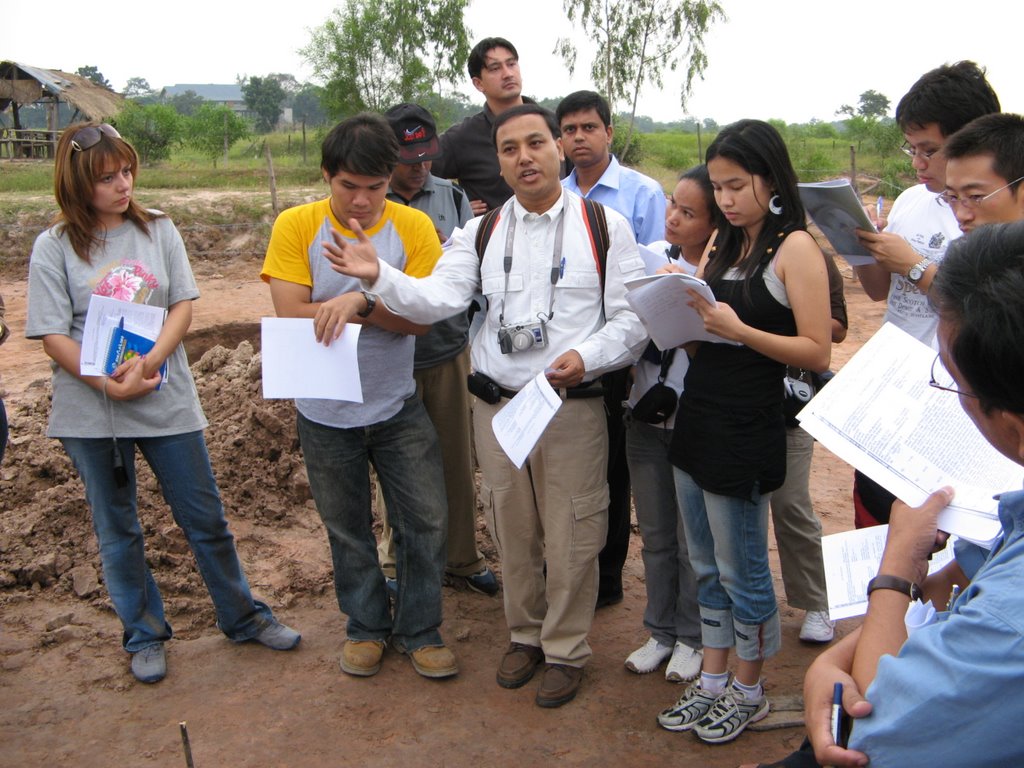
Quantitative Research Methods I and II: Students will learn statistical analysis techniques for research in natural resource management as well as sustainable development. The students will be able to select and apply basic but useful and relevant analytical methods using SPSS and R, and interpret the output of the analysis in a quantitative manner in the context of development research, while noting the limitations of each analytical procedure (Prof. Shrestha, Dr. Tsusaka).
Research Design in NRM: teaches students how to write a thesis proposal, conduct research, write a thesis, and defend it as part of the graduation process in natural resources management. Students will learn about research design, data collection, analysis, and interpretation, and how to effectively communicate their research findings. This is a seminar-style block course (Prof. Shrestha, Prof. Sasaki, Dr. Tsusaka, external experts).
Most recent activities by NRM Faculties and Students
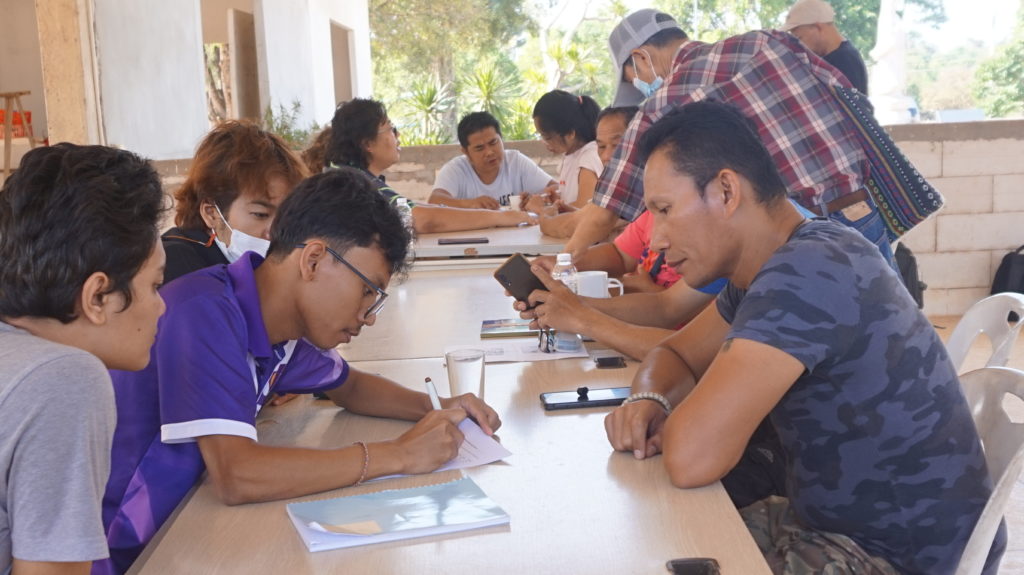
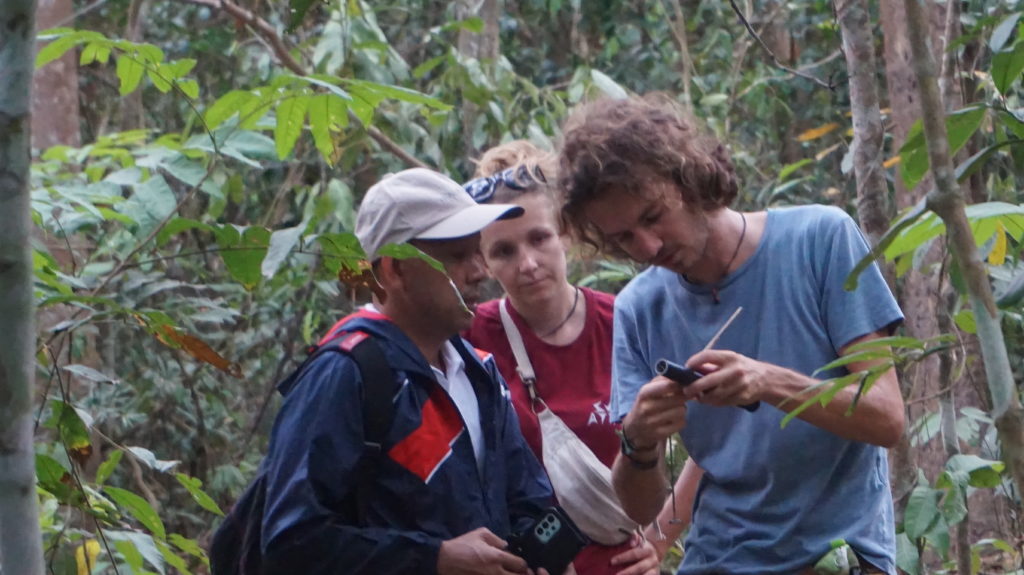

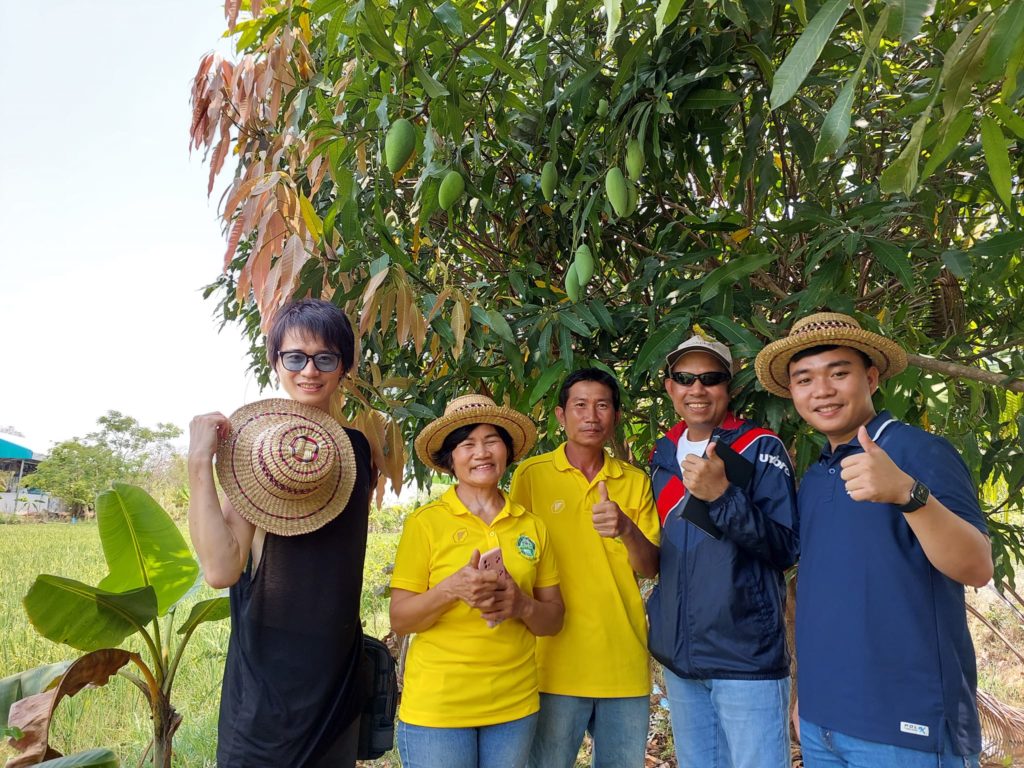
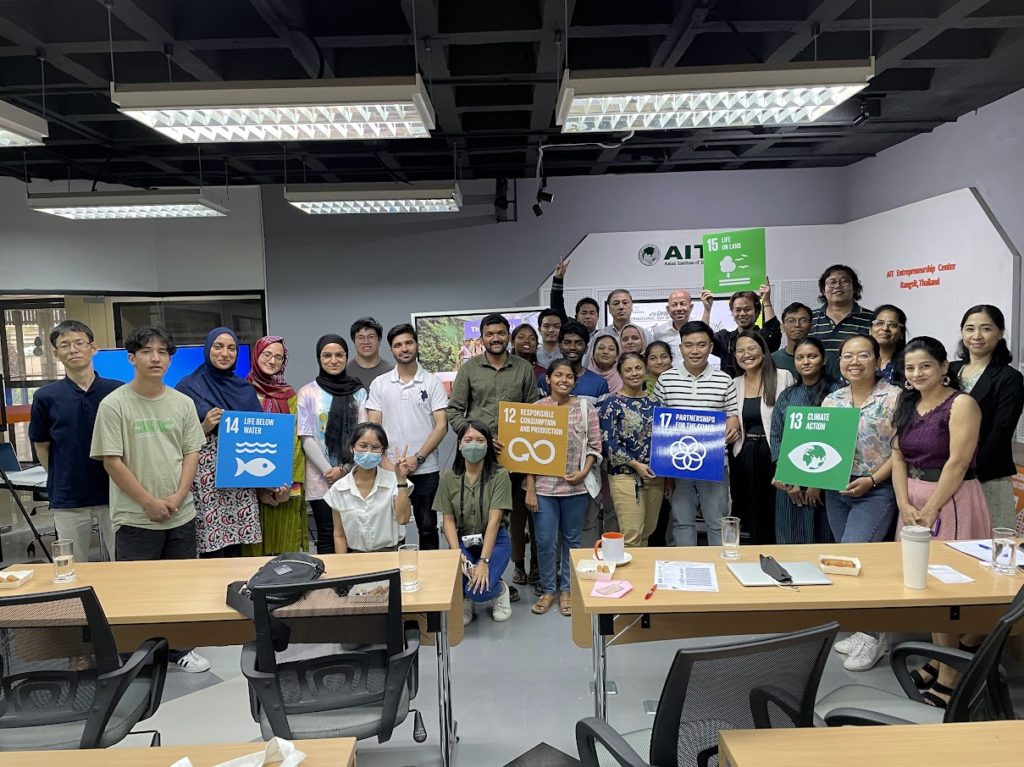
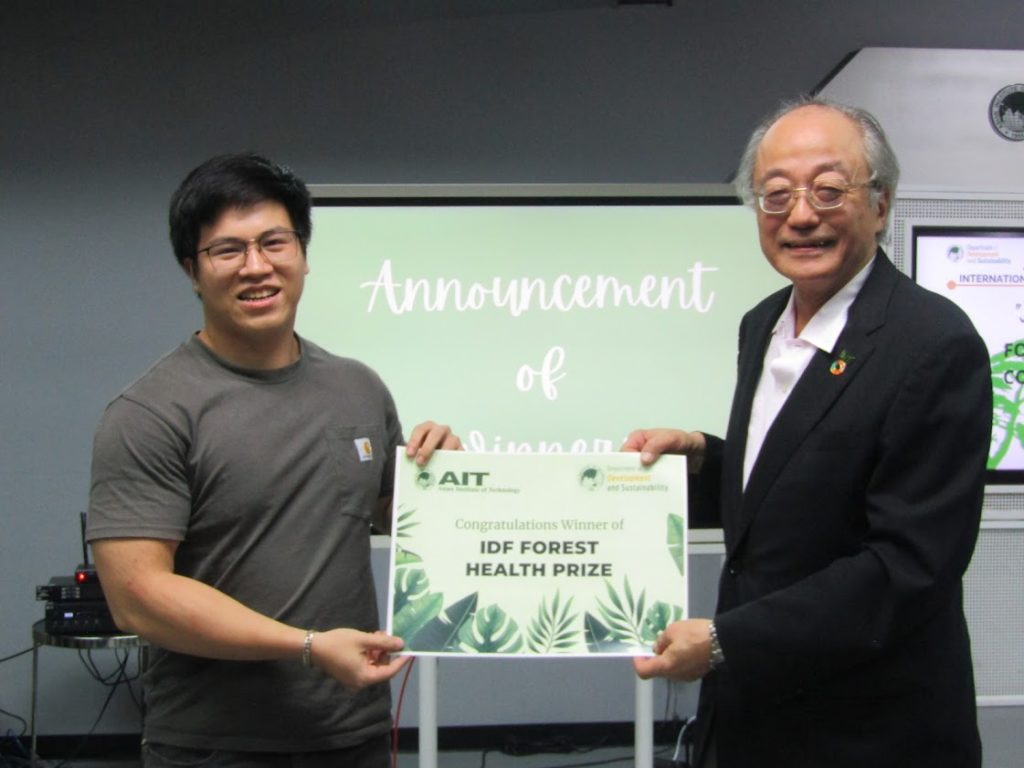
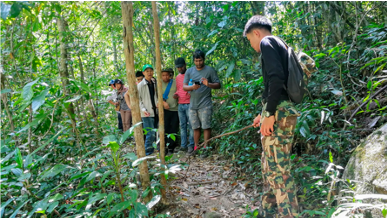
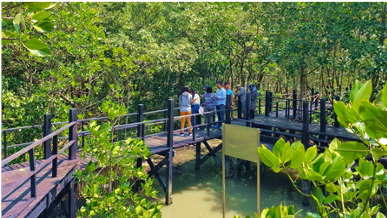

All about news and events
NRM Course Offerings
Revisions are under way. Stay tuned.
Introduction to the individual courses can be found here.
There are also a number of courses offered by other fields of study in AIT in the area of rural development, gender studies, environment, agriculture, climate change, and GIS/remote sensing that are of interest to NRM students. In addition to coursework, each student will undertake an independent thesis or research project on NRM issues in international peer-reviewed journal.
Research Facilities
We have an excellent array of international collaboration for research, teaching and outreach with universities, research institutes and regional/international organizations in Asia, Europe and North America.
Students have opportunity to involve in academic exchange program and research activities. Students also have access to excellent teaching and research facilities, spatial systems laboratory (RS/GIS), including the AIT library and other computing facilities for state of the art hands on sessions.
AIT has several centers of excellence related to climate change, consulting, outreach and students can have opportunities for internship within or outside the campus. Field trips are organized to provide real world experiences to the students.
Career for NRM Graduates
Job prospects for graduates of the NRM program are generally quite good, as there is a growing demand for professionals who are able to manage natural resources in a sustainable and effective manner in line with the UN Sustainable Development Goals and the Paris Climate Agreement. There are a variety of career options available to graduates, including positions in government agencies, non-profit organizations, private companies, and academia.
In government agencies, graduates of the NRM program may find employment as natural resource managers, park rangers, land use planners, environmental policy analysts, or regulatory compliance enforcement officers. These positions may be available at the federal, state, or local level, and may involve working for agencies such as the US Forest Service, National Park Service, Bureau of Land Management, or Environmental Protection Agency.
Non-profit organizations also offer a variety of job opportunities for NRM graduates, including positions as environmental advocates, restoration specialists, and natural resources educators. These organizations may include land trusts, conservation groups, environmental advocacy groups, and educational institutions.
Private companies also employ NRM graduates in a variety of roles, including environmental consultants, forestry and wildlife managers, and GIS or remote sensing specialists. These companies may include natural resource management firms, engineering firms, mining companies, or energy companies.
Academic positions are also available to graduates of the NRM program, including positions as university professors or researchers. These positions may involve teaching and conducting research in a variety of areas related to natural resource management, including forestry, wildlife management, environmental policy, or environmental education.
The job prospects for graduates of the NRM program are strong, and there are a variety of career paths available to those who have completed the program. Graduates with strong analytical and problem-solving skills, as well as a passion for environmental stewardship, are likely to find rewarding and fulfilling careers in the natural resource management field.

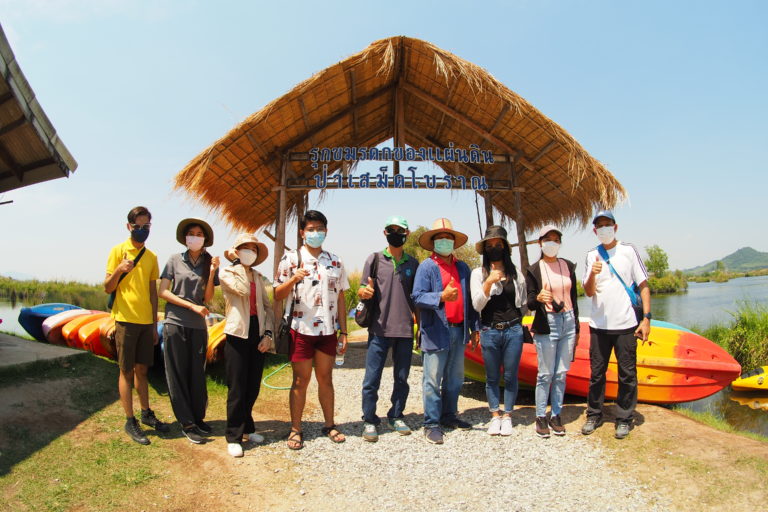
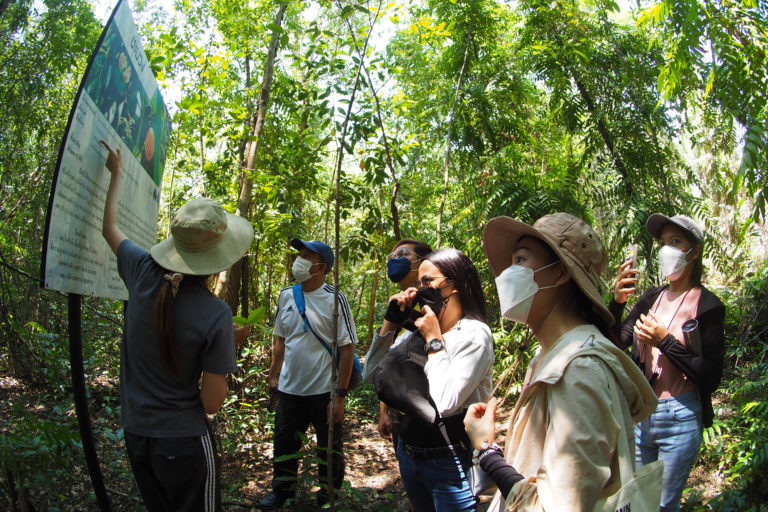
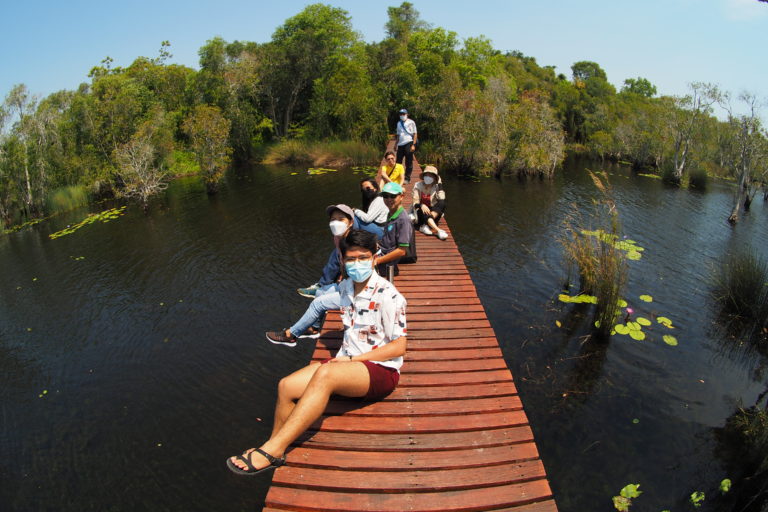
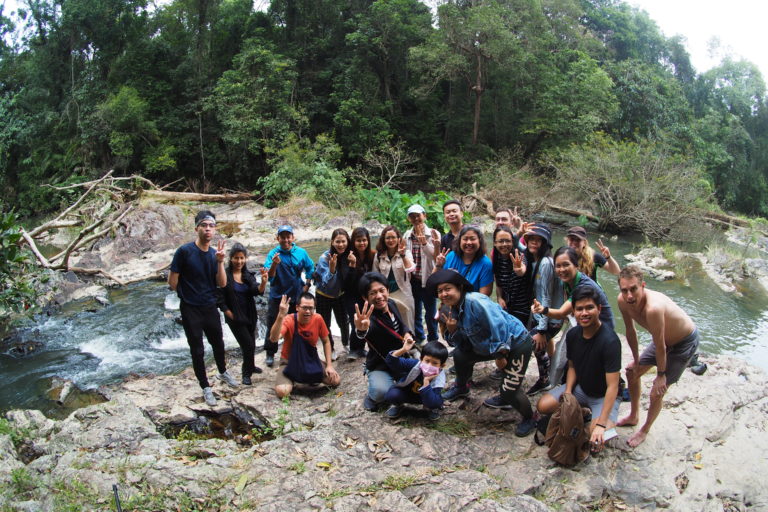
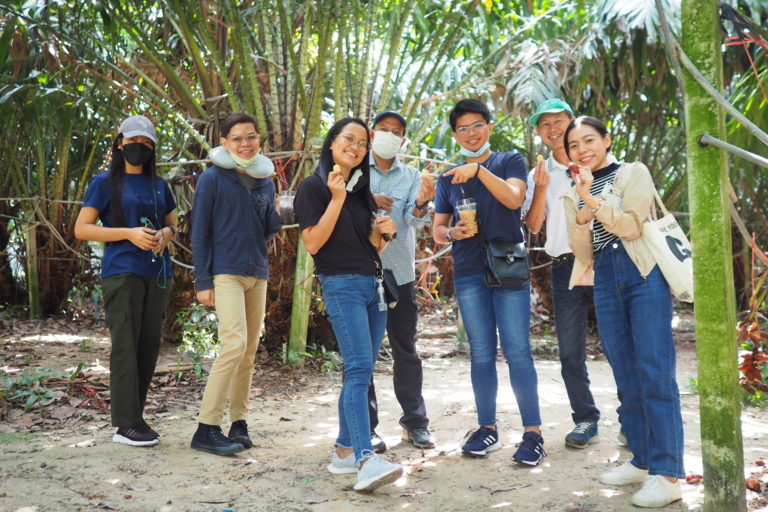
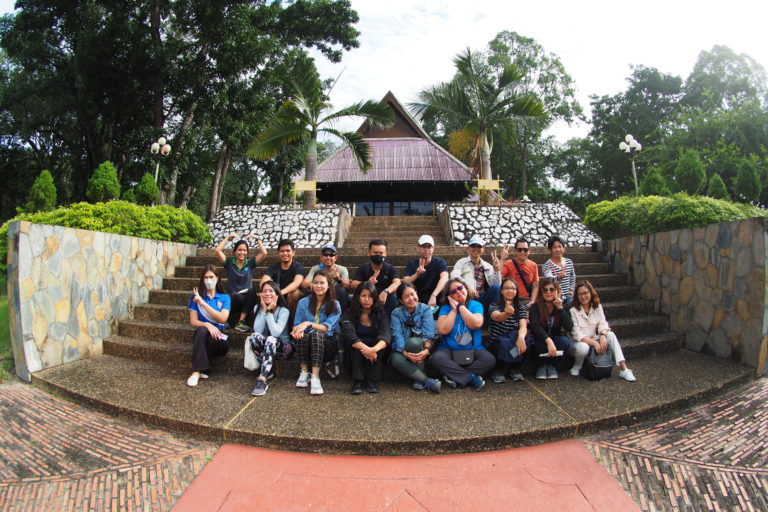
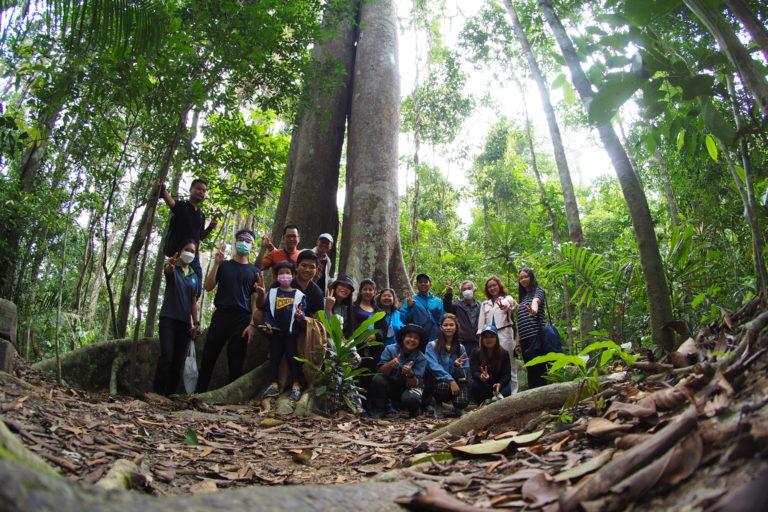
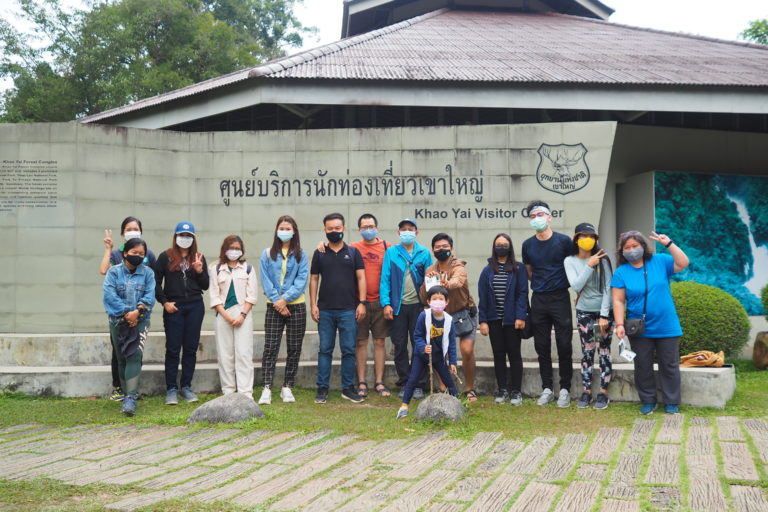
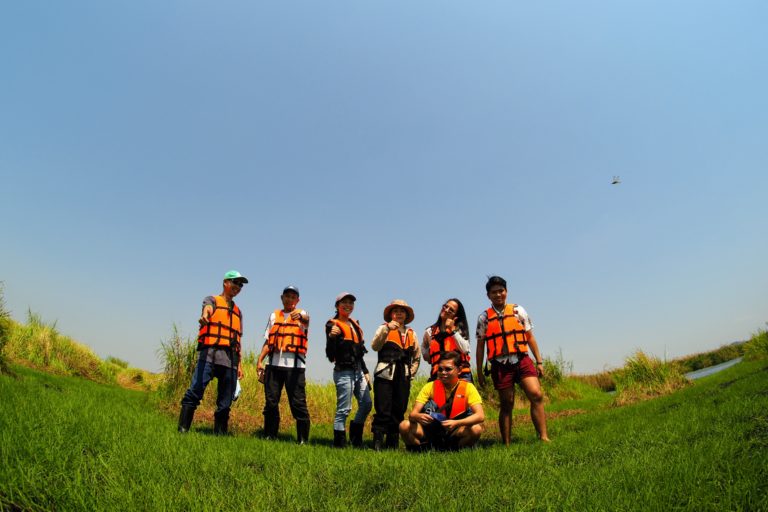
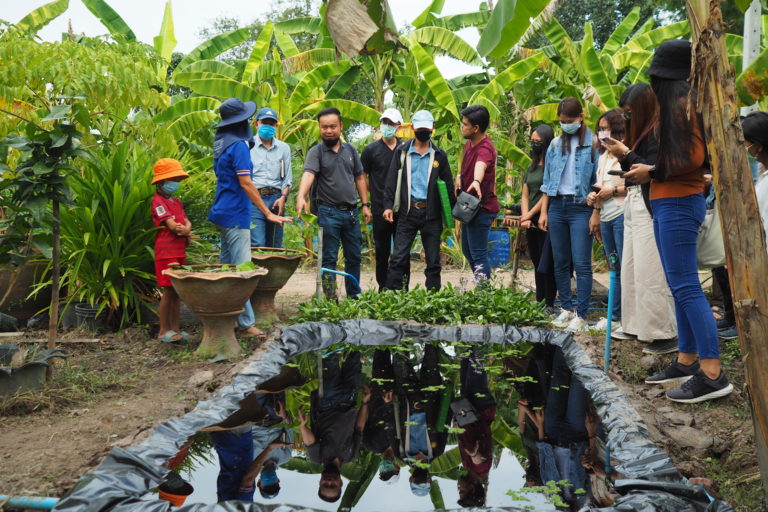
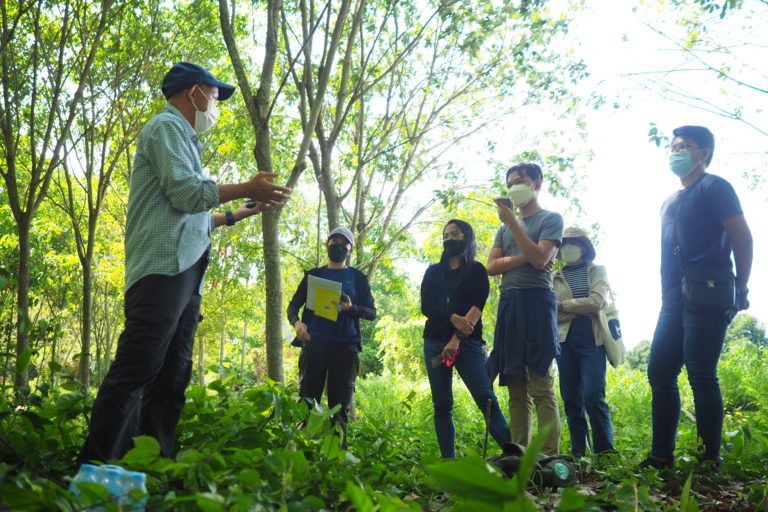

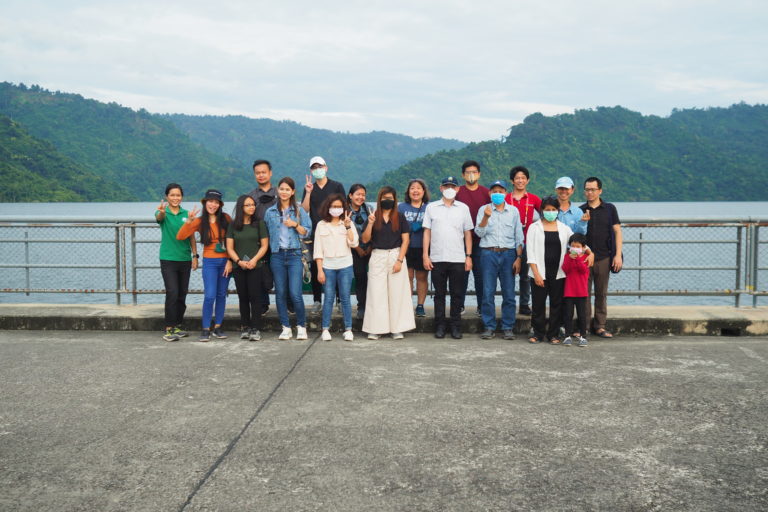
Meet NRM Team
[dvteamcarousel max=”99″ categoryid=”334″ columns=”3″ gridstyle=”full” autoplay=”true” duration=”4″ spacing=”20″ rounded=”dvteamgrid-default” side=”right”]
